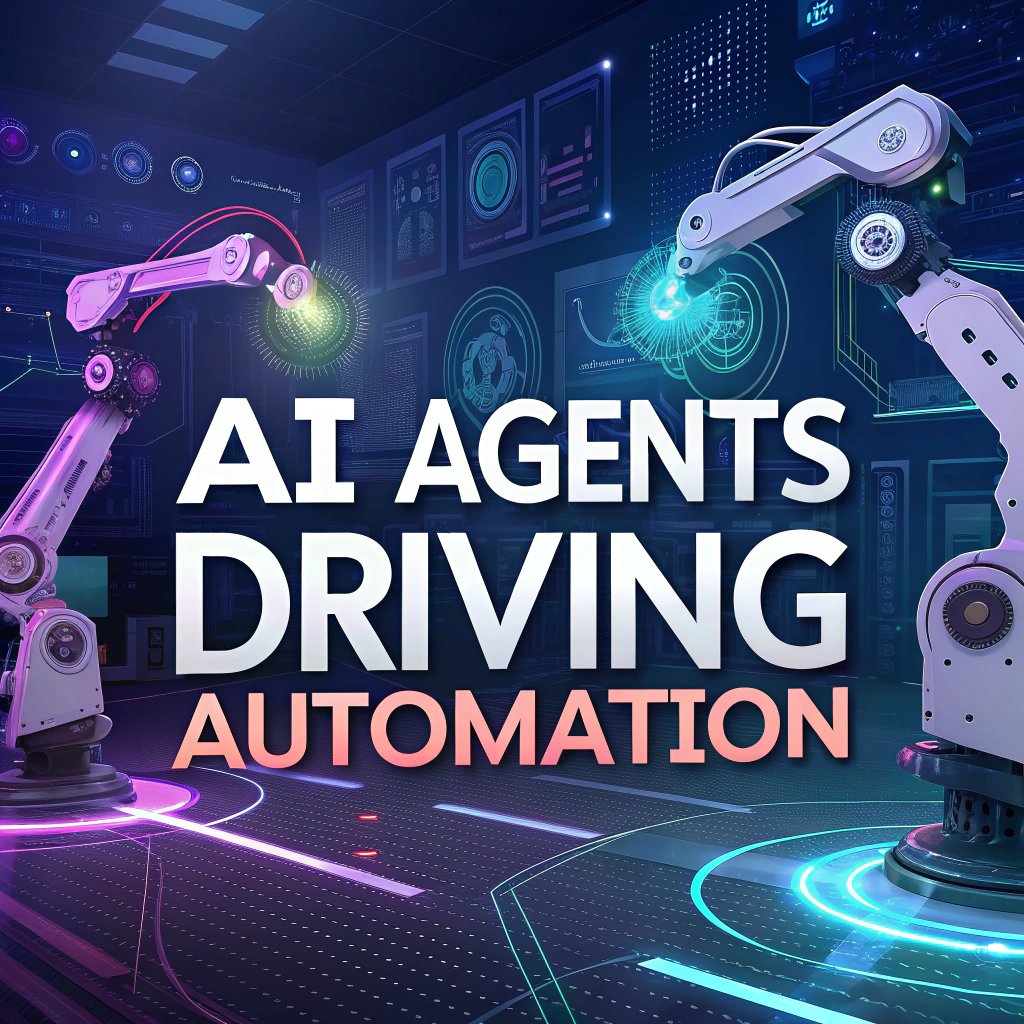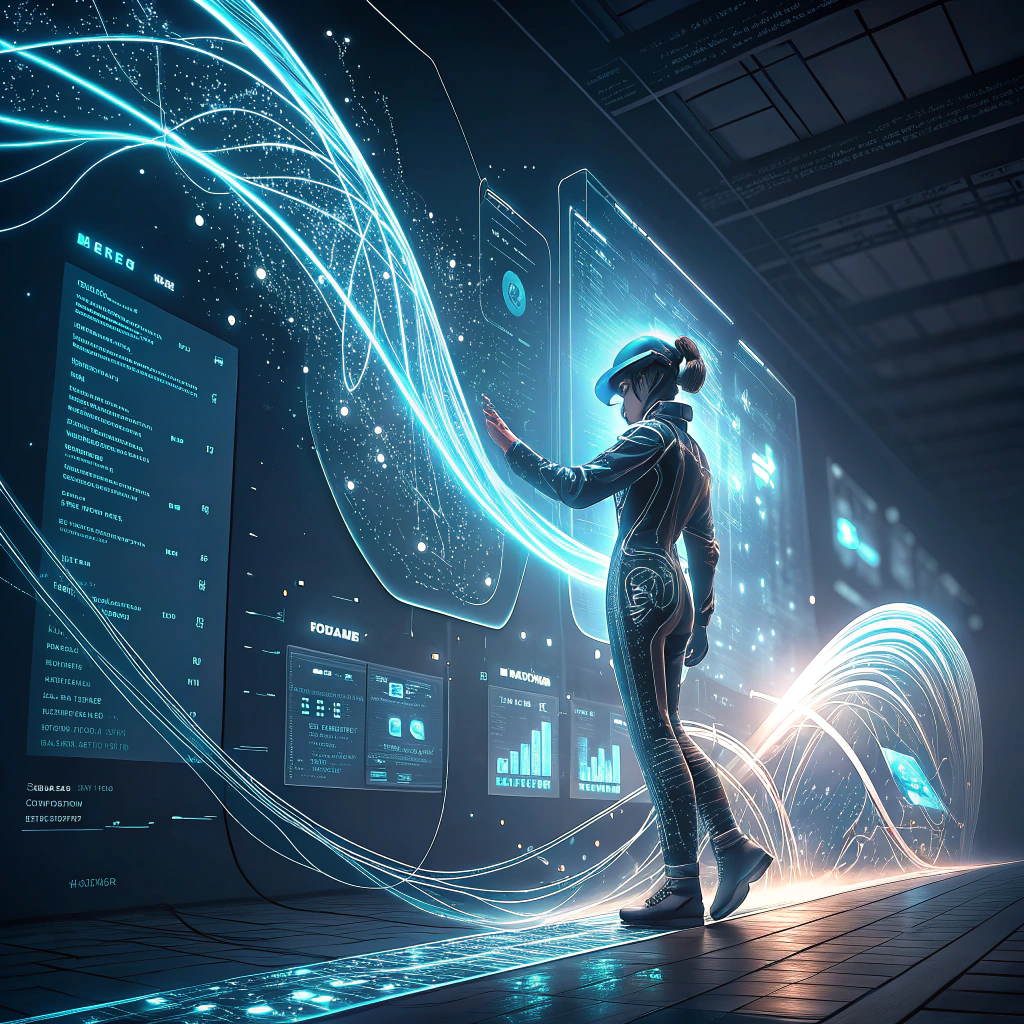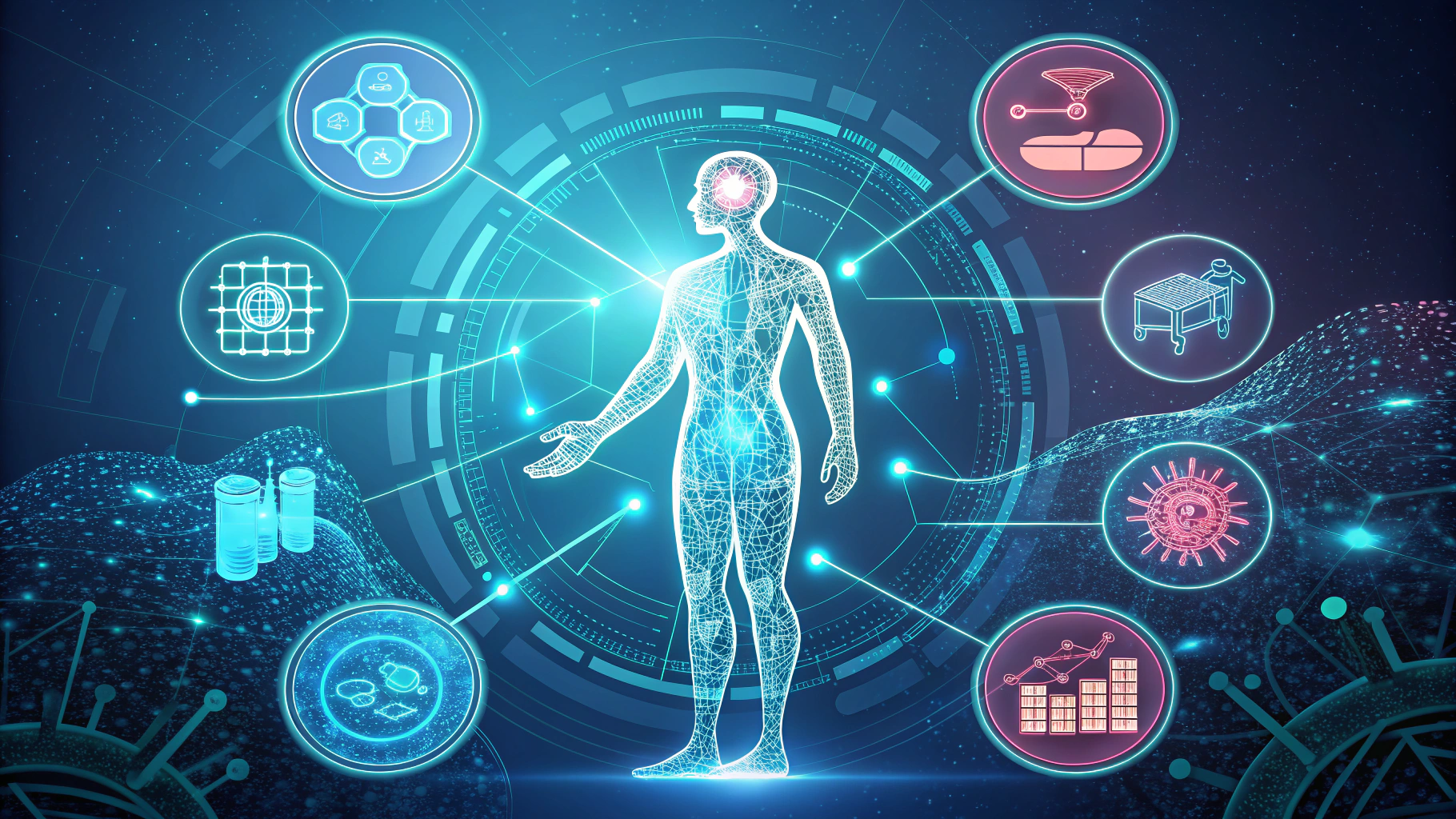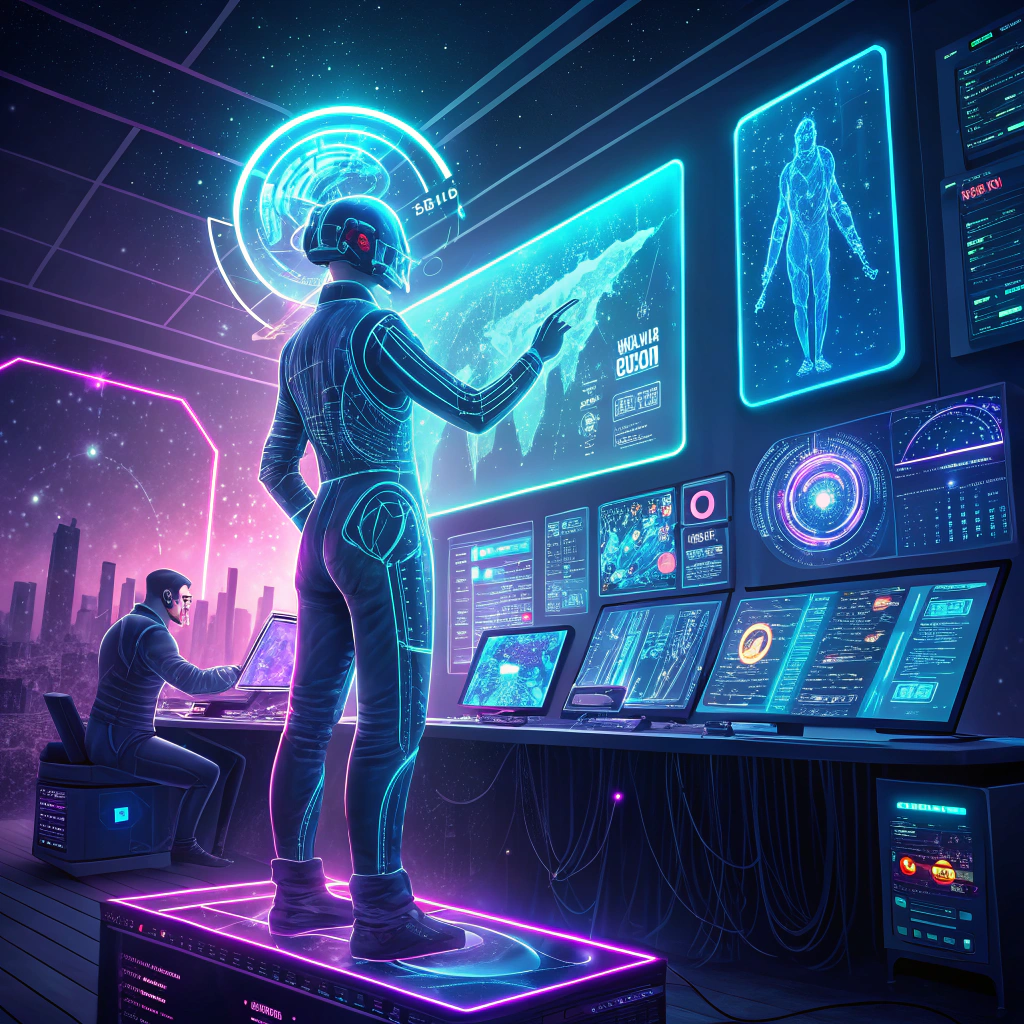AI Agents: Revolutionizing Digital Innovation and Automation

AI Agents: Revolutionizing Digital Innovation and Automation
AI Agents: Revolutionizing Digital Innovation and Automation
In the rapidly evolving landscape of digital technology, Artificial Intelligence (AI) agents are at the forefront, driving unprecedented levels of innovation and automation. These autonomous entities are designed to perform tasks, learn from interactions, and make decisions with minimal human intervention. As we delve into the realm of AI agents, it becomes clear that their impact on digital innovation and automation is profound and far-reaching.
Understanding AI Agents
AI agents are software programs that utilize machine learning, natural language processing, and other advanced technologies to perform specific tasks. They can be categorized into various types, including reactive agents, which respond to specific inputs, and proactive agents, which anticipate needs and take initiative. These agents are integrated into multiple applications, from virtual assistants like Siri and Alexa to complex systems in industries like healthcare and finance.
The Role of AI Agents in Digital Innovation
Digital innovation refers to the use of digital technology to improve business processes, enhance customer experiences, and drive growth. AI agents play a crucial role in this by offering capabilities that go beyond traditional software solutions. They can analyze vast amounts of data in real-time, identify patterns, and provide insights that lead to smarter decision-making.
One of the key areas where AI agents are driving digital innovation is through personalization. By leveraging data from user interactions, AI agents can tailor experiences to individual preferences, leading to higher customer satisfaction and engagement. For instance, in e-commerce, AI agents can recommend products based on browsing history, while in media, they can suggest content aligned with user interests.
AI Agents in Automation
Automation involves using technology to perform tasks with minimal human intervention. AI agents are pivotal in advancing automation by handling complex processes that require decision-making and adaptability. This capability is transforming industries by increasing efficiency, reducing errors, and lowering operational costs.
In manufacturing, AI agents are used to monitor production lines, predict maintenance needs, and optimize resource allocation. In customer service, chatbots powered by AI agents can handle inquiries 24/7, providing instant responses and freeing up human agents for more complex issues. This not only improves service levels but also allows businesses to scale operations without a proportional increase in workforce.
Challenges and Considerations
While AI agents offer significant advantages, their deployment is not without challenges. One major concern is data privacy and security. As AI agents rely on vast amounts of data to function effectively, ensuring that this data is protected from breaches and misuse is paramount. Additionally, there is the challenge of ensuring AI agents act ethically, particularly in decision-making scenarios that impact human lives.
Another consideration is the potential for job displacement. As AI agents take on more tasks traditionally performed by humans, there is a growing need to address the societal impact, including retraining and upskilling the workforce to thrive in an AI-driven economy.
The Future of AI Agents
Looking ahead, the potential of AI agents to further transform digital innovation and automation is immense. As technology continues to advance, AI agents will become more sophisticated, capable of understanding and processing complex human emotions and contexts. This will lead to even more personalized and immersive experiences across different sectors.
Moreover, AI agents will play a crucial role in addressing global challenges. In healthcare, they could revolutionize diagnostics and treatment plans. In environmental conservation, AI agents could optimize resource management and monitor ecosystems. The possibilities are endless, and the journey has just begun.
Conclusion
AI agents are undeniably shaping the future of digital innovation and automation. By enhancing efficiency, personalizing experiences, and driving intelligent decision-making, they are setting new standards across industries. As businesses and societies embrace these technologies, it is essential to navigate the challenges and harness the full potential of AI agents responsibly and ethically.



